In modern industrial manufacturing, injection molds are widely and crucially applied. From daily necessities to high-tech products, their presence is indispensable. Next, let's delve into the specific applications and unique advantages of injection molds in four key industries: automotive, electronics, medical, and packaging.
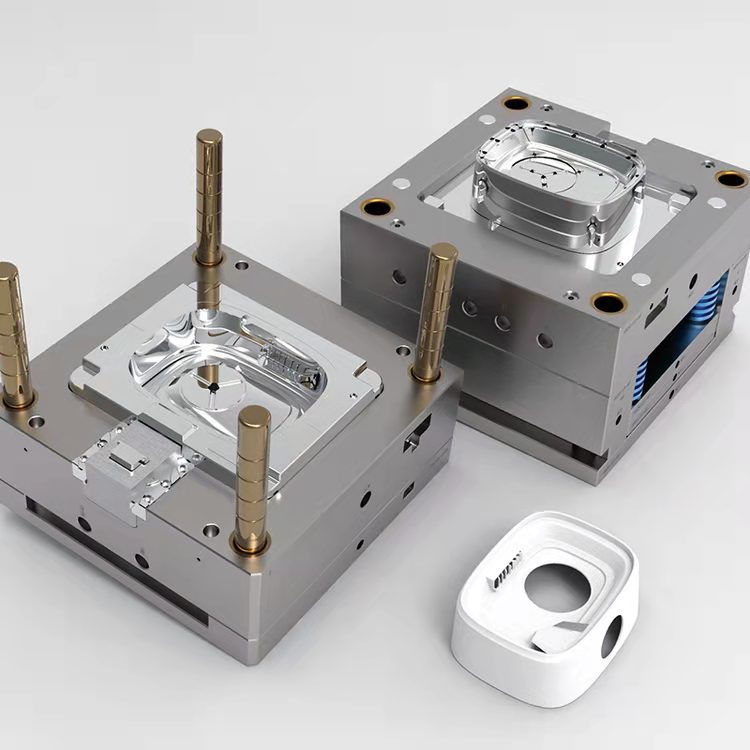
Injection molds are widely used in the automotive industry, covering interior parts (such as instrument panels, seat armrests, door interior panels, etc.) and exterior parts (such as bumpers, grilles, side skirts, etc.). For example, the instrument panel is formed by a precision injection mold in one shot, with precise component positions and excellent appearance quality.
High Precision Requirement: The dimensional tolerance needs to be controlled within ±0.05mm or even smaller to ensure the precise assembly of parts with other components.
Strength and Durability: The mold materials should be of high strength and high toughness. The structural design should distribute stress reasonably to prevent deformation and cracking.
Good Surface Quality: For exterior parts, the mold is required to produce components with smooth surfaces, no flaws, and uniform color. The surface finish can be improved by processes such as polishing and chrome plating.
Improve Production Efficiency: It enables large-scale and rapid production, significantly shortening the production cycle to meet the demand for a large and rapid supply of components.
Ensure Product Consistency: The components are highly consistent in terms of size, shape, and performance, which is beneficial to the quality control and assembly process of automobiles.
Reduce Costs: Although the upfront investment is large, the cost can be shared through mass production. Moreover, the high degree of automation reduces labor costs and the scrap rate.
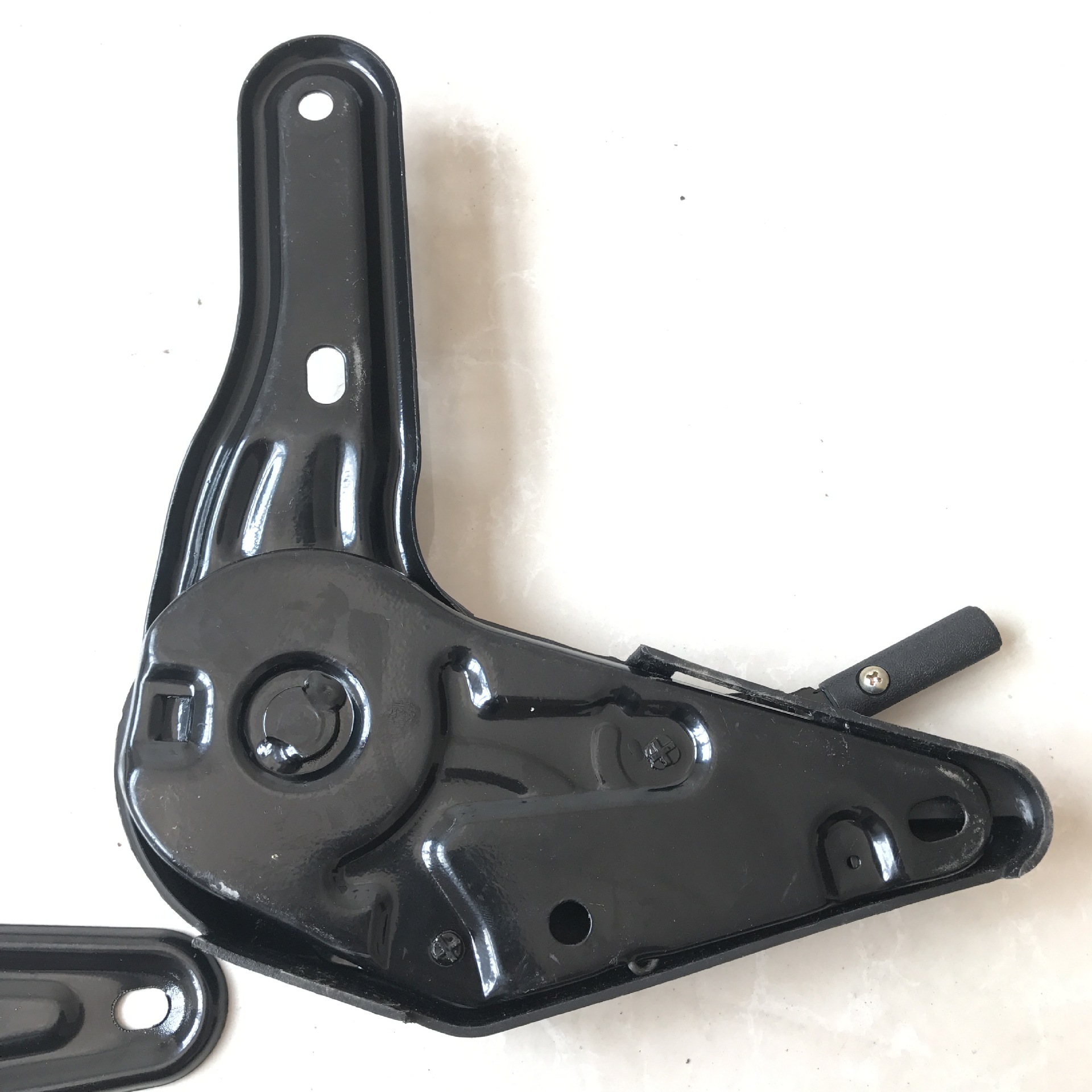
Injection molds play a vital role in the electronics industry, used for producing components such as the housings, keys, and connectors of electronic products. For example, the housing of a smart phone needs to be both aesthetically pleasing and have protective functions, and the keys should have a comfortable feel and be responsive.
Precision Machining: Due to the small size of electronic components, the precision of the mold needs to reach ±0.01mm or even higher. Technologies such as ultra-high-speed milling and micro electrical discharge machining should be adopted to ensure the dimensional and shape precision.
Material Compatibility: The mold materials must be compatible with electronic components, without generating static electricity, corrosion, or other effects. Materials with properties such as anti-static and flame retardant are often selected or relevant treatments are carried out.
Rapid Cooling: The electronics industry requires the mold to be designed with an efficient cooling system to quickly cool and set the molded products, shortening the production cycle to meet the demand for rapid product updates.
Achieve Miniaturization and Lightweight: Through precision mold design and manufacturing, the multi-component assembly structure can be integrated into one piece, reducing the number of components and realizing the miniaturization and lightweight of products.
Improve Product Quality: It ensures the consistency of electronic components in terms of size, shape, and performance, enhancing the overall quality of the products, which is crucial for their performance and reliability.
Adapt to Rapid Updates: The mold has high flexibility and can be quickly adjusted according to market demands and product design changes to produce products that meet new requirements.
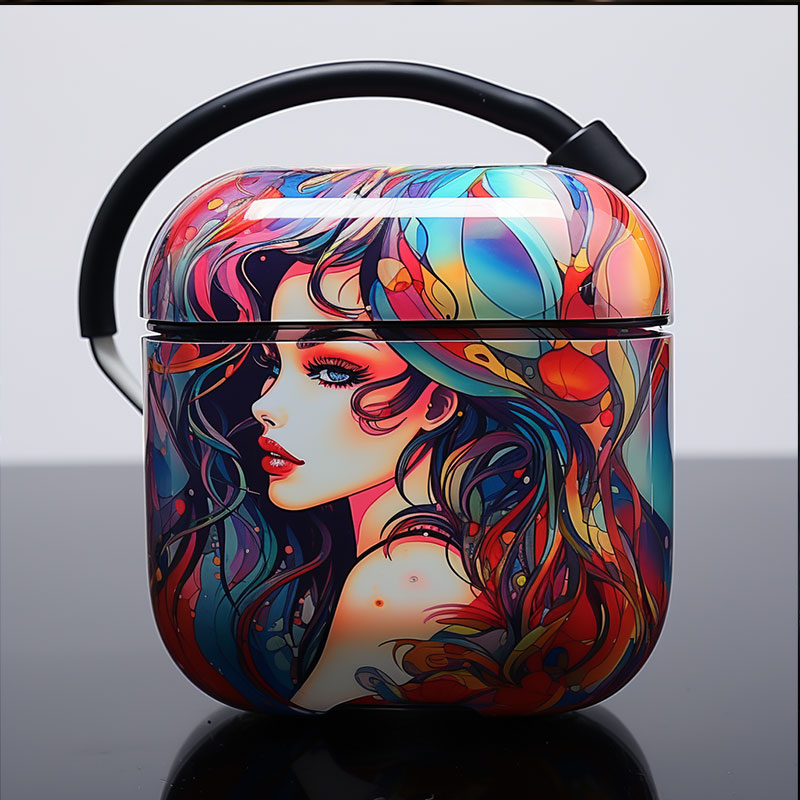
Injection molds are widely used in the medical industry, covering medical consumables (such as syringes, infusion sets, medical catheters, etc.) and some medical devices (such as the housings of small diagnostic equipment, handheld medical instruments, etc.).
Biocompatibility: The materials must have excellent biocompatibility. Medical-grade materials that have undergone strict testing and certification, such as medical-grade polycarbonate and polypropylene, should be selected to ensure that no adverse effects are caused to the human body.
Aseptic Production: The design and manufacturing of the mold should be convenient for cleaning, disinfecting, and sterilizing. The structure should be simple without hard-to-clean corners. A detachable design can be adopted to ensure that the medical products produced are sterile.
Precision and Reliability: The dimensional precision of the mold should be controlled within ±0.02mm. Moreover, it should not deform or crack during long-term use to ensure the quality of medical products.
Ensure Patient Safety: The medical products produced have high consistency in terms of size, shape, and performance, ensuring stable quality. For example, the scale on the syringe is accurate and the flow rate of the infusion set is stable, ensuring patient treatment.
Improve Production Efficiency: It can carry out large-scale and rapid production of medical products to meet the large and rapid supply demand of the medical industry. When dealing with public health emergencies, it can quickly provide a large number of required medical products.
Reduce Costs: Mass production can share the cost. Moreover, the high degree of automation in the production process can reduce labor costs and the scrap rate, reducing the production cost.
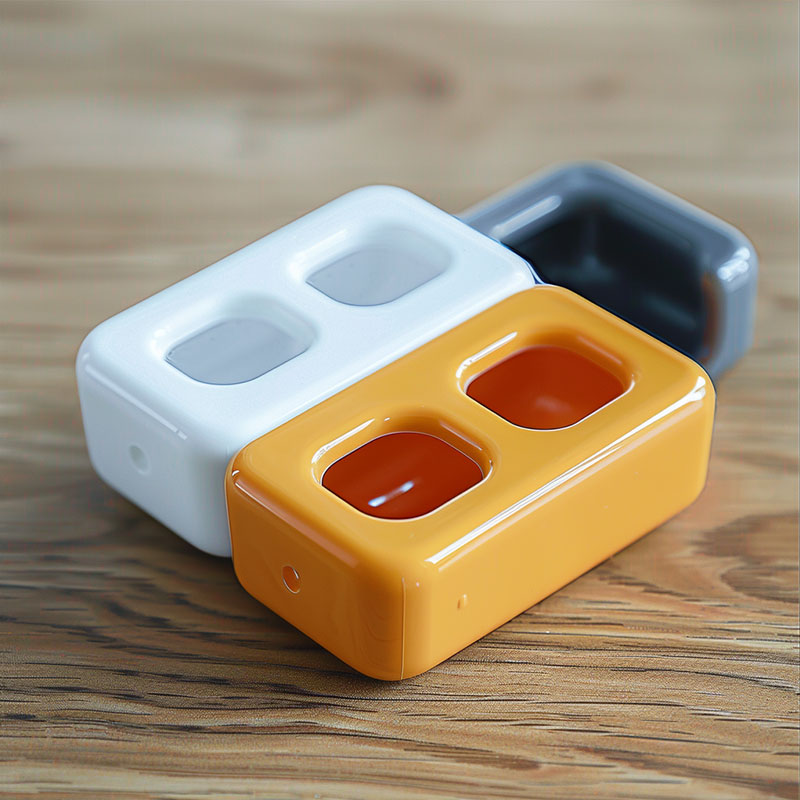
Injection molds are used in the packaging industry to produce plastic packaging containers, such as beverage bottles, cosmetic bottles, plastic boxes, plastic buckets, etc.
Good Appearance Quality: It is required to produce containers with beautiful appearance, uniform color, and high transparency. The surface finish of the mold cavity can be improved by processes such as polishing and chrome plating.
Lightweight Design: The mold should be able to design the container structure that meets the lightweight requirements. By adjusting parameters such as wall thickness and shape, the container can be made lightweight while ensuring its functions.
Rapid Production: It should have high production efficiency to quickly produce a large number of containers that meet the requirements to meet the changes in market demand.
Meet Diverse Needs: It can design various shapes, sizes, and colors of containers according to different packaging needs, enhancing the market competitiveness of products.
Improve Product Quality: It ensures the high consistency of the containers in terms of size, shape, and performance, which is beneficial to maintaining the brand image and market competitiveness.
Reduce Costs: Mass production can share the cost. Moreover, the high degree of automation in the production process can reduce labor costs and the scrap rate.
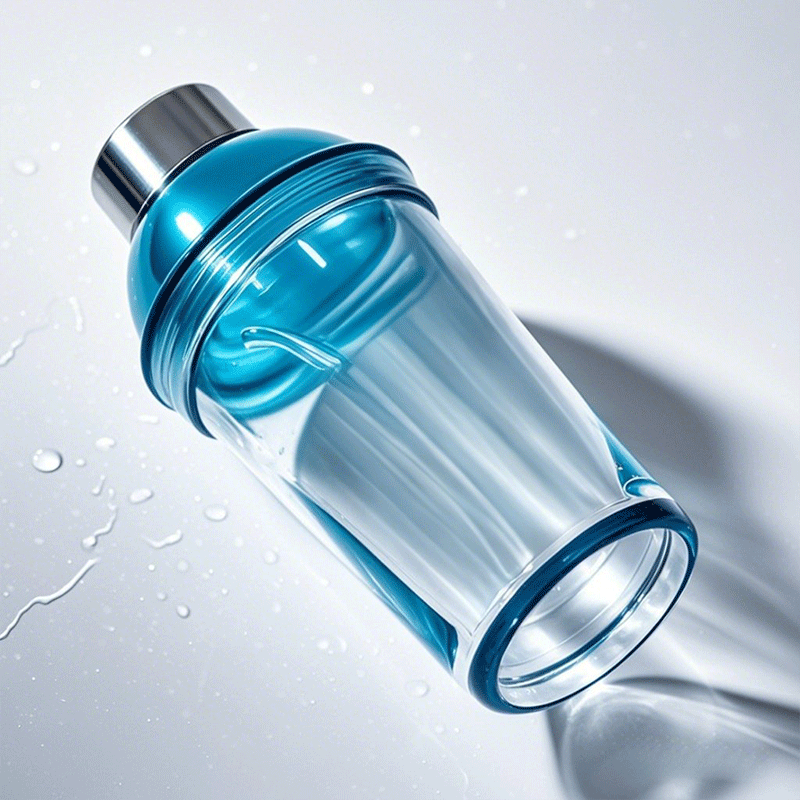
In conclusion, the applications of injection molds in industries such as automotive, electronics, medical, and packaging have their own emphases and significant advantages. From high-precision production to meeting diverse needs, from ensuring safety to reducing costs, their importance is self-evident. With the development of science and technology, injection molds will surely continue to innovate and optimize, playing a more crucial role in various industries, and their prospects are worth looking forward to.
Copyright © 2023 :Worldbound Plasitc Products Co.Ltd